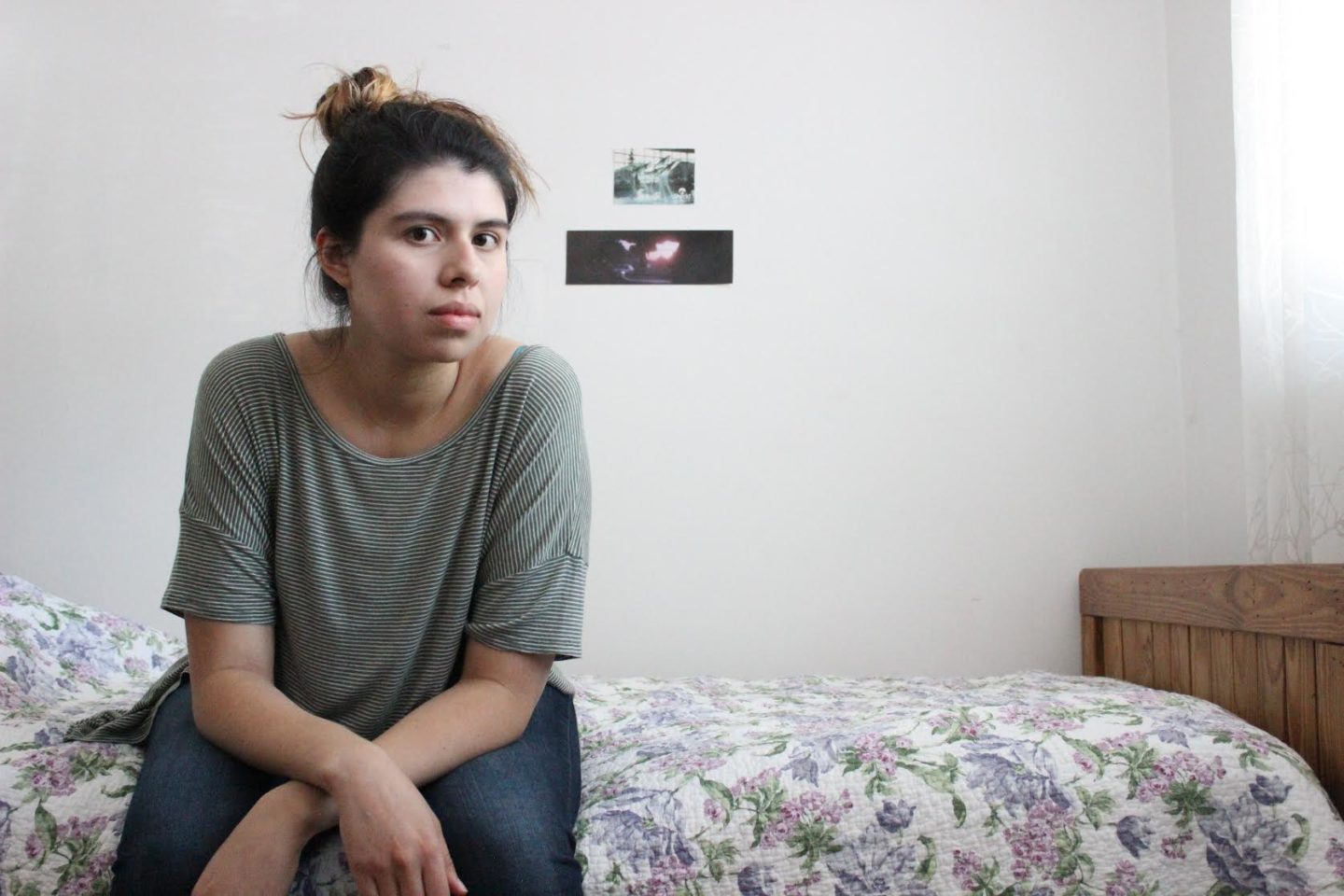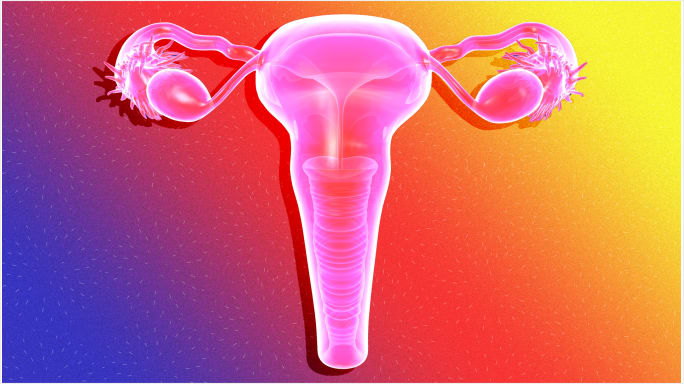Kim Hoyos is a full-time college student and self-made filmmaker with an eye for serious change in our media landscape.
We got to interview her on her big dreams for herself and the film industry.
What do you do for a living, and why is it awesome?
I’m currently attending Rutgers University pursuing a degree in journalism and media studies and I’m also a filmmaker. Being a filmmaker is incredible because it’s creative, analytical, and allows me to tell stories!
You’re an outspoken advocate for representation in media—why is this issue important to know about? How do you hope to improve things with your work?
Media affects the fundamental structure of society. Of course, we learn how to act from personal experience, but we also draw knowledge from the media we consume. Because of this, representation is important because it’s the way that groups and individuals are recognized and the way in which we subconsciously learn about each other. If not created correctly, it enforces false stereotypes and continues destructive narratives such as the “angry black person” or “blonde airhead.” We subconsciously carry these narratives into our own lives and act with misinterpreted views of each other, it’s completely destructive for every party involved. Children suffer the most from misrepresentation because it fosters body issues and a variety of other serious issues and insecurities.
In my own work, I strive to first of all, write stories that are relatable to anyone regardless of gender, race, or sexual orientation and I just try to push myself to create dynamic characters that viewers see themselves in. I also try very hard to diversify in casting—this is something I’m still working on but it’s always something on my mind.
Tell us more about a challenging and rewarding project you’ve been working on.
I’m currently working on my 5th short film! I write, edit, and direct my own work but this project is especially important to me because it is an all girls cast and crew. It’s been a struggle because I ran into so many issues during the writing process. The initial plot was something I thought of in December 2015 but writer’s block and some mental blocks had me on hold until I finally finished writing it sometime in April/May. I’ve taken my time with it—this in itself was also a challenge because I’m so used to constantly moving along with a project. I think there’s a reason why this is taking so long and I’m so ready to see where it goes. I’ll be shooting very soon and I’ve planned to make it very stylistic so if things go as I plan it, this will be my most visually challenging work yet! Both for the viewer and myself!
What are your hopes for your future and the future of film?
My biggest hope for myself is to continue to create work that I am proud of and genuinely like. I never want to lose sight of how much I actually love telling stories visually. I hope to one day start my own production company where I can create narrative and fiction short and long form films but also help aspiring female and minority creators in their own film pursuits.
My biggest dreams for the future of film is accurate representation in every job on and off screen, mainstream acknowledgement for all creators, and dynamic storylines that foster a sense of creativity and wonder for the next generation.
What do you consider to be one of the most important aspects of your work?
I think the fact that a viewer experiences a film while simultaneously dissecting it is a really key part of filmmaking. Because it is a visual medium, everything that is on camera is a clue. It’s a world that the viewer has never seen and because of that—every detail is important. A viewer dissects what each character is saying, how they’re dressed, where they are, and attempts to figure out the plot and eventual outcome…all while the camera guides their eyes. I love that in film there is so much power to play with the viewer and lead them on a journey that you create and control. It’s the coolest thing ever.
It’s clear in your history that you’re heavily involved in women support and empowerment. What sparked your commitment to this, and what keeps that fire going in your life?
When I got to college and finally started to take classes, do independent research, and fully immerse myself in women’s issues and minority issues—I started to gather the language to discuss unfair experiences I had gone through. The moment I realized that these things, and so many others could be traced back to myself being a woman, I started a journey to reclaim that part of myself, acknowledge it as a driving force, and use it as a tool in which to really empower myself. My commitment to women’s empowerment is because as a woman I think it is important to use my voice to support the work of other women, educate on issues I know about, and learn about the issues I do not. We are powerful as individuals but even stronger when we support each other. I don’t think we should blindly sing campfire songs and braid each others hair—I just think we should go out of our way to amplify creative, intelligent voices/causes that question the status quo.
I keep going because I know I have so much to learn and I have so much hope for the future of women both in media but as a whole, especially young women. I want to create and channel my energy into making positive steps both in my life and the lives of others. I think just thinking about the future, especially the next generation and wanting things to be better and more inclusive is probably my biggest motivator.
Can you describe one of your proudest moments since starting to produce films and putting them out there for people?
My proudest moment probably still lies with my first short film, “Pop!”. In Spring 2015, I was experiencing writing, directing, and editing my first short film, my freshman year of college, and going through my first breakup. After a month and a half of editing, I was ready to hand my film in for class. But, my computer crashed and I lost all of my work. I had the footage but my laptop crashed every time I tried to open my editing programs. So, I had to exclusively work after classes at the computer labs. With 5 classes and an internship, my only time left to work was night. I would leave the labs at anywhere from 3-6 am, sleep a few hours and get ready for classes the next morning. It was my first short film, there were so many learning curves during the shooting and editing process but so many added challenges in between just dealing with heartbreak, terrible anxiety, and classes. I finished my film, handed it into class, then soon after heard that it had actually been accepted and nominated for “Best Animation” for my school’s film festival. I didn’t win but the fact that I was able to deal with so much at once, yet still create something others saw merit in is something I can absolutely never shake off.
What has been one of your biggest career challenges, and how did you overcome it?
I think the industry and actual system I want to succeed in is my biggest career challenge. It’s no secret the film and television industry is predominately white, male, and upper middle class. I am none of those things. I’m a daughter of two Colombian immigrants who had to move mountains to support my brother and I and allow us the luxury of growing up in this country, let alone me running around with a camera. It’s easy to fall into the thought process of not believing I belong in the classroom, feeling like I don’t deserve to promote my work, or even doubting my own skills—many of which I might add, are self taught. Looking at myself and seeing that I am trying to do something that will not be easy or necessarily welcomed or understood by many people is very jarring sometimes. Allowing myself to feel confident in myself and in my work, calling myself a filmmaker, and making opportunities for myself is how I overcome the challenge.
Do you have any advice for young girls who are interested in getting more involved with film, photography, or other forms of media?
Just do it. It’s the most cliché advice ever, but the very best thing any girl wanting to create could do is just take that leap. Whether its writing on a blog, teaching yourself to edit on iMovie (my first steps), or even starting an Instagram account of pictures you take of your friends—that’s all awesome, important, and very needed in the world. Enough men have tried to recreate or guess the thoughts of young girls—it’s inauthentic and tiring to watch. I think that whatever the medium is, the best approach is to create whatever you want to create with whatever resources you have, learn from others, but ultimately rely on yourself. Don’t be afraid to call yourself a filmmaker, don’t be afraid that no one will watch your video—you took time to put your heart to something and I think that’s one of the most fulfilling experiences a person can have.
You can learn more about Kim Hoyos on her website or on Twitter.
Image courtesy of Kim Hoyos.




comments